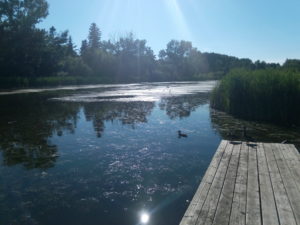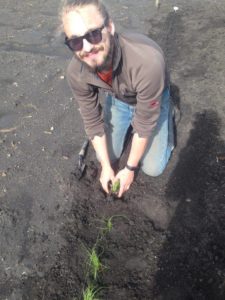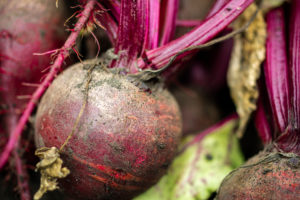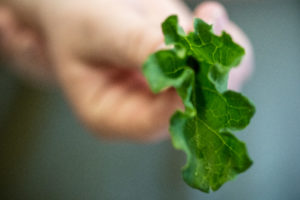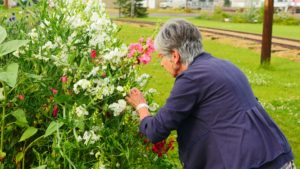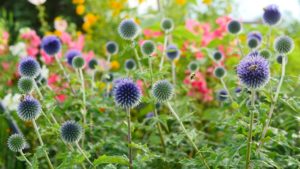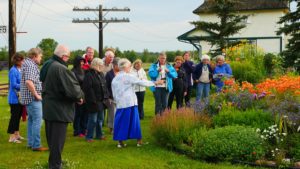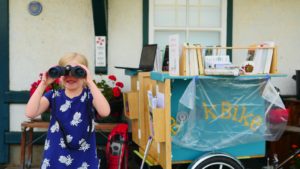(I am posting this 4-part blog on behalf of Emily Cole, an Augustana grad who guides rafting and trekking trips across Canada and the United States. Images courtesy of Shawn Benbow. – Carley)
River of Connection: Stories from Canoe Tripping on the
North Saskatchewan
In the fall of 2009, when I was in my first year of study at Augustana and taking the intro to Outdoor Ed course, we went on a 5-day canoeing trip on the lower North Saskatchewan River. We paddled from Rocky Mountain House to Drayton Valley-not particularly wild. There was only a small wave to bounce over here and there, but it was still a push outside of most of our comfort zones. I had only the very basic outdoors skills at the time, had borrowed or thrift stored all of my gear, and hadn’t slept very much as I was too cold in my old sleeping bag. But I loved it.
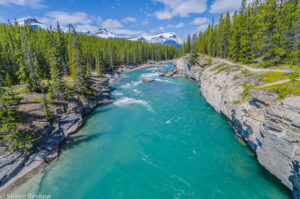 The thrill of the experience came not from the adrenaline rush of whitewater paddling but rather from the adventure of travelling slowly for days in the wilderness. Our post-trip high came from the time spent living differently, pointing out what we were missing and helping us find gratitude for what we have. It’s funny how such a simple trip can stay in our memories so fully, how that week holds so much more weight than any other week in my first year of university. It’s also strange how strong the pull to these experiences of depth and connection would be, so much so that it would shape the course of my life and lead to an alternative lifestyle.
The thrill of the experience came not from the adrenaline rush of whitewater paddling but rather from the adventure of travelling slowly for days in the wilderness. Our post-trip high came from the time spent living differently, pointing out what we were missing and helping us find gratitude for what we have. It’s funny how such a simple trip can stay in our memories so fully, how that week holds so much more weight than any other week in my first year of university. It’s also strange how strong the pull to these experiences of depth and connection would be, so much so that it would shape the course of my life and lead to an alternative lifestyle.
We all live downstream
Two scenes stick out to me as I reflect back the half dozen years. One was an evening at camp, probably our third night, when I was feeling energized from the work we were doing and the schedule of our lives for that short time. I remember walking down to the river, through the trees and bushes with our cooking pots to get water in order to cook our dinner and make hot drinks. We had collected sticks off the ground and made a fire that we would cook on and would gather around as a small group throughout the evening. The river out there is life; it is what we paddled on to get there, making our job easier as the current carried us along. We drank the water from the river and used it to cook our food, we also threw our ashes in the river when we were finished and it dispersed them for us. As I wandered around between campsites, the river was the handrail I would follow to make sure I knew where I was, and when we gathered as a large group it was always near the river. I found myself staring at the river, its continual flow, always steady and relentless, quite hypnotic and this would become quite a meditative power for me in the future.
It was because of this evening on the river that I felt such a full connection to our resources and the few things needed to not only survive but to feel that we were thriving. I thought about the impact of tossing our ashes into the river and watching them disperse or spitting our toothpaste and watching it be whisked away so quickly. Out of sight out of mind… I began to wonder what was being tossed, or more likely dumped into the river upstream and what the impact was on us, and further on throughout the prairies as it traveled away from its start at the glacier. I could start to understand the gravity of our impact and the importance of these life veins that flow through the land. As I took more trips on rivers and traveled the same sections in different seasons, I could better see the power of these rivers as floods swept away banks, felled trees, and piled these trees up to make log jams. It was saddening to see such powerful streams be altered and even destroyed by human want for convenience.
Experiencing Community
The second memory I hold in my mind is such a beautiful picture. Red canoes on a blue river, framed by the fall colors on the banks as the Poplar Trees turn yellow. Friendships were forming and that out-of-place and self-conscious feeling of being new was disappearing. We were past the first couple days that focused more on building skills and now we were making miles before our final day. I remember a feeling of slight fatigue as the miles added on but a gentle, building confidence, as I trusted my ability to rise to the challenge, be it a skill building or endurance effort. I was paddling in the stern of the canoe, responsible for steering the craft, a skill that I was still very new to and not particularly good at yet.
I have a snapshot-memory of this scene in my mind, enveloped in laughter and chatter as our group of young adults paddled down the river one afternoon. Together we had built something special in the way of community. We had tried something new, each of us being challenged in our own ways, and were wildly successful, cheering each other on along the way. The depth of our relationships, formed over such a short period of time, was beautiful. We were present and engaged, spurred on by the challenges of the trip and the lack of technological distraction that often pulls away from our time together. I was new to Augustana at that time, and though it was not far from home nor a huge school, it was still a big change. That afternoon as we paddled along together, laughing and singing, it was quite easy to relax into the atmosphere and feel quite light at heart.
Such a simple memory in some ways, but there was great energy put into this community, and as a result we were rewarded with meaningful friendships. Supportive people that would allow each other to grow into ourselves more and more. A group where we were accepted, even if we could not yet steer our canoe straight and instead zig-zagged from one side to the other. It seems to be rare that we can create communities where people feel comfortable being vulnerable, and look forward to embracing their real selves without having to cover up their lacking qualities.
Returning to the River solo
I had no idea how at home I would feel in a canoe or how drawn I would be to return to that river and others. Last summer, the time and logistics aligned for me to spend some time on the river alone. I had traveled alone internationally and had camped solo in the woods for a weekend, but had not traveled in the wilderness alone. It was something I had wanted to experience and this calm section of river that I had by now paddled many times seemed perfect.
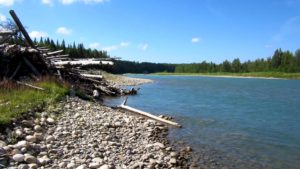
We had a river trip planned for August that year, but it fell through due to low water levels in the river, and so we had returned to Alberta and paddled on the section of the North Saskatchewan River from the Big Horn Dam to Rocky. As we neared the end of our trip together, I decided to continue on the Drayton Valley alone- everything was set with the camping gear and canoe. My friends drove me into town for a restocking of food and a coffee, and then wished me well from the beach. This day was our first day of rain after a week of sunshine, it brought with it the ‘change of season chill’ that reminded us autumn was just around the corner. I was wearing my rain gear and had much appreciated the heat of the truck as we rode to the river. I thought of putting on another sweater, but figured that once I started paddling I would be warm enough. I was eager to set off, and packing my canoe in the shelter of the bridge gave me a false comfort to confirm my decision.
I set off; the excitement of a new adventure gave me a charge as I tried out this river solo idea. It felt as if my senses were heightened, monitoring carefully for anything that would cause alarm. Eventually I could sink into the experience and enjoy the freedom of traveling on the river and being alone. I was still paddling hard to try and stay warm, when I stopped for a quick break I became even colder and knew I needed to stop and make camp soon to get warm. Right away I found a good beach and ran back and forth to warm up enough that my hands would regain dexterity. I fumbled through setting up the tent and ran around as much as needed. It was a slow process but eventually I was hunkered in the tent, dry and getting warmer, with a stove going in the vestibule to make some hot water.
It seemed like such a rookie move to allow myself to get to this state. Cold enough that it was difficult to do the work needed to get warm again. But with the emotions of the transition, it is easy to see how such a small oversight could happen and often it would not cause such an issue. I was fully aware of the importance of taking care of myself, and not allowing things to get out of hand.
Once I had warmed up a bit and had some tea and food, I curled up in my sleeping bag and drifted off to sleep. It felt like a heavy nap after a full day both physically and mentally. I woke up near dinnertime and crawled out of the tent to lifting skies and no rain. All that had unfolded had been quite intense, and the feelings seem greater when experienced alone. I walked along the river thinking of the many lessons I had learned in this place. First as a student, then as a student leader, later as a guide and now on my own and I wondered what lessons were still to come. Here I was, learning lessons I didn’t expect, on a trip I hadn’t planned to be on, back on the same banks I had been a student on so many times before. My draw to this river of connection continued to pull even stronger with each experience.
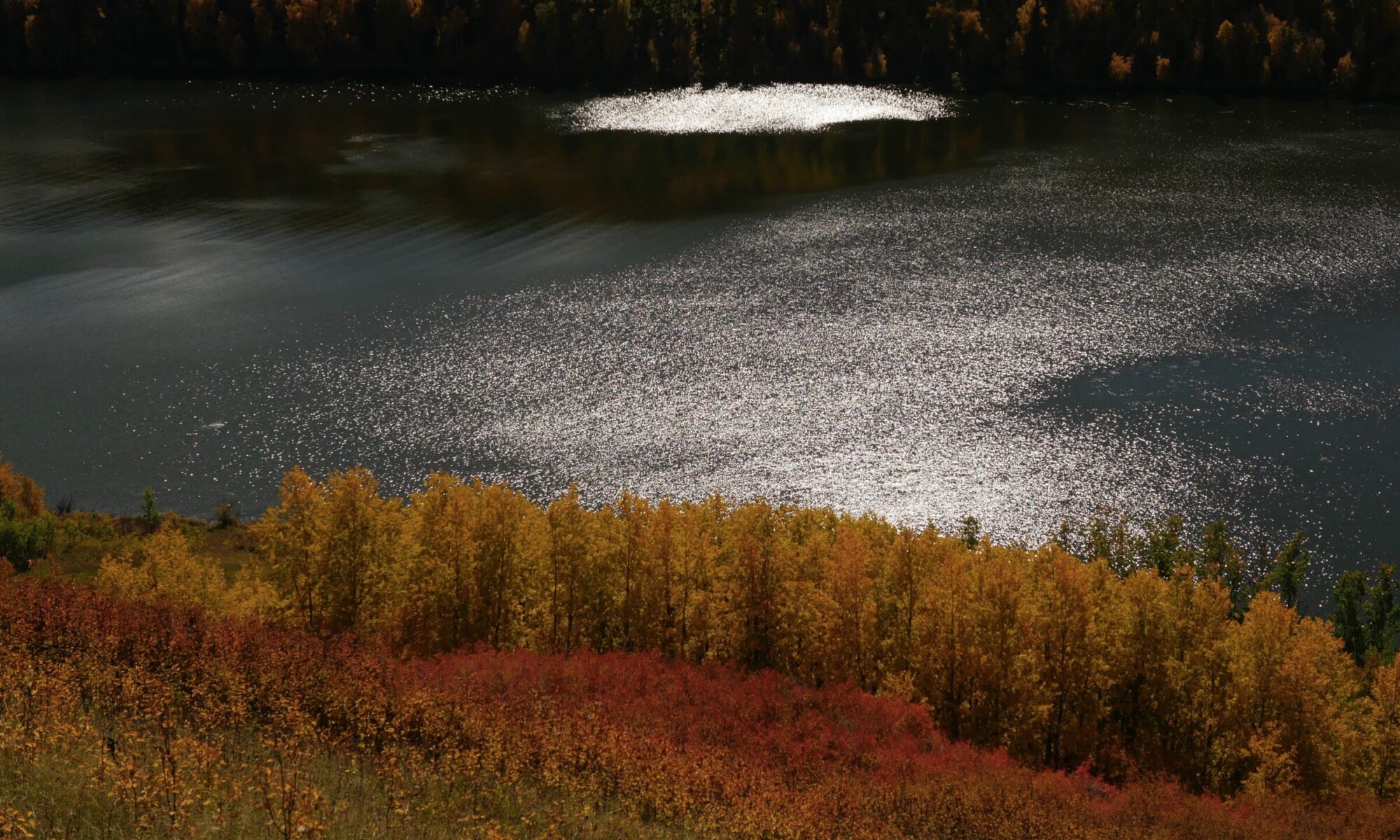
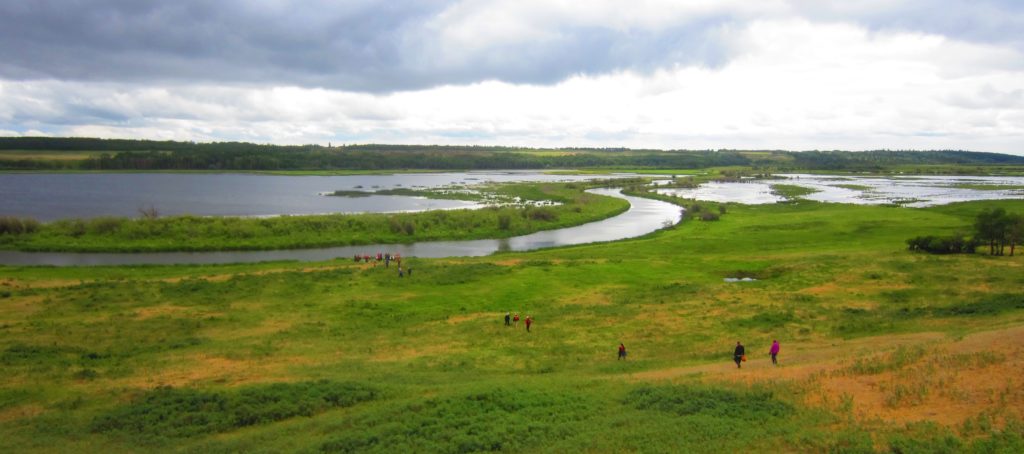
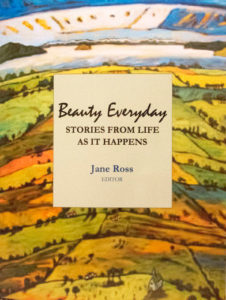 In September 2016, four of the book’s authors were invited to present the book at various venues in Australia: e.g., Aboriginal Cooperatives and Land Sites, Deakin University, Centre for Ecological Integration, Hopkins River Water Ceremony, Municipal County and City Councils, Art Galleries, Health Centres, public readings, and more. Further encouragement has come from a Maori group in New Zealand to have us come there to present the book and the First People, Settler People, New People model we’ve used for community engagement.
In September 2016, four of the book’s authors were invited to present the book at various venues in Australia: e.g., Aboriginal Cooperatives and Land Sites, Deakin University, Centre for Ecological Integration, Hopkins River Water Ceremony, Municipal County and City Councils, Art Galleries, Health Centres, public readings, and more. Further encouragement has come from a Maori group in New Zealand to have us come there to present the book and the First People, Settler People, New People model we’ve used for community engagement.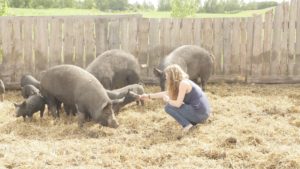
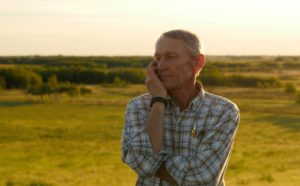
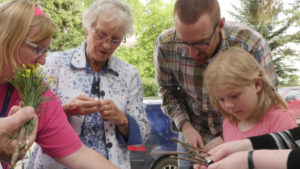
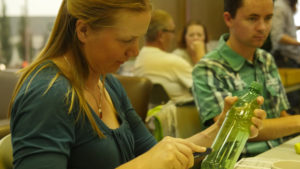
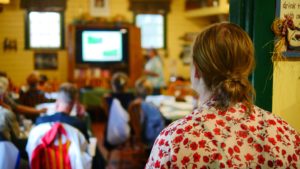
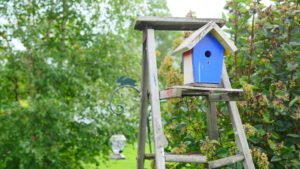
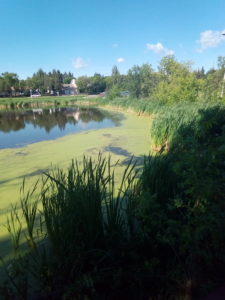 One of the 2015 Spirit of the Land interns focused his efforts this summer in researching the possibility of using floating wetlands to reduce algae bloom in bodies of water around Camrose, particularly Mirror Lake. This sustainable technology has been used successfully in warmer climates, but floating wetlands are also being introduced in Canada.
One of the 2015 Spirit of the Land interns focused his efforts this summer in researching the possibility of using floating wetlands to reduce algae bloom in bodies of water around Camrose, particularly Mirror Lake. This sustainable technology has been used successfully in warmer climates, but floating wetlands are also being introduced in Canada.